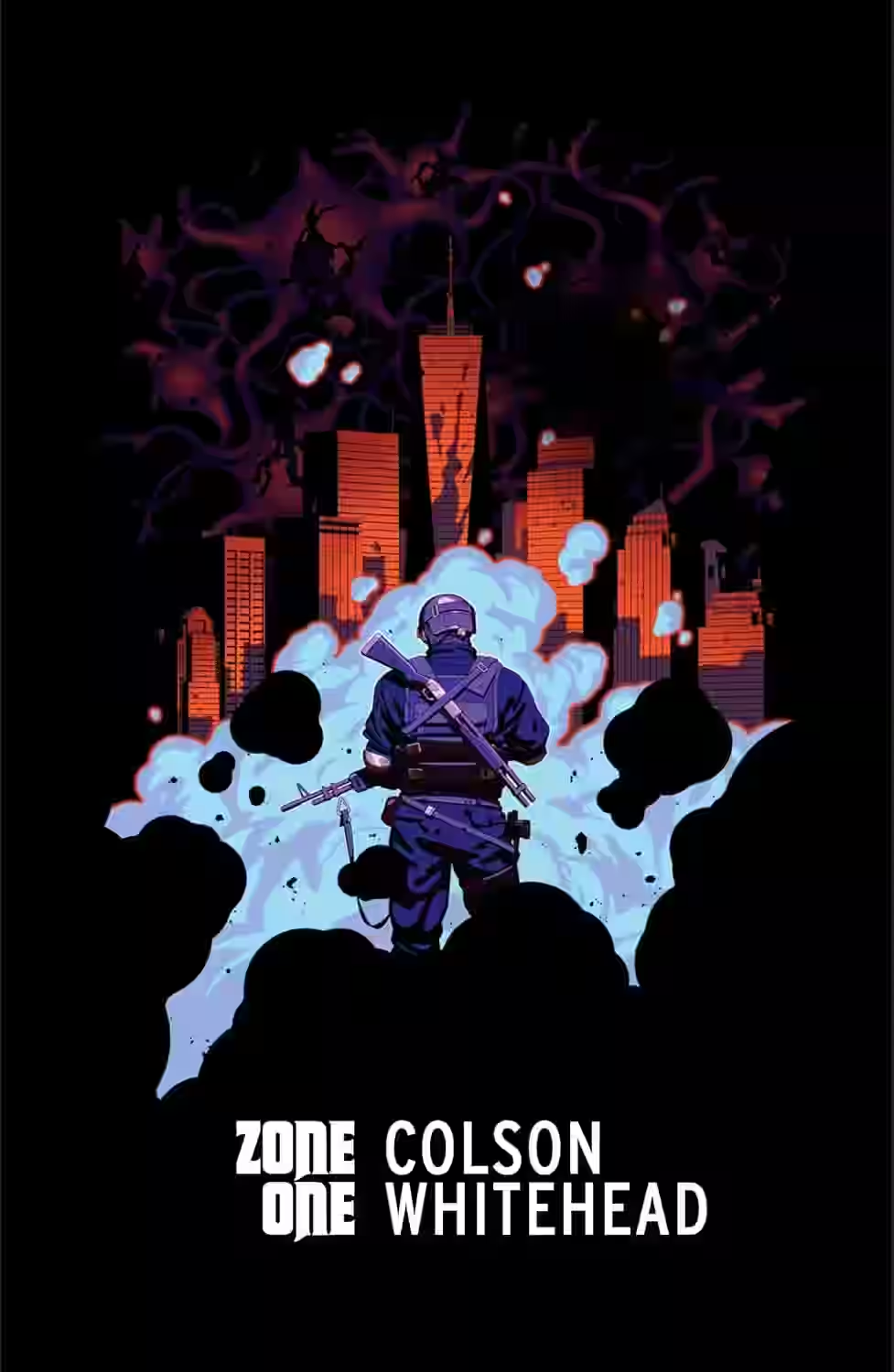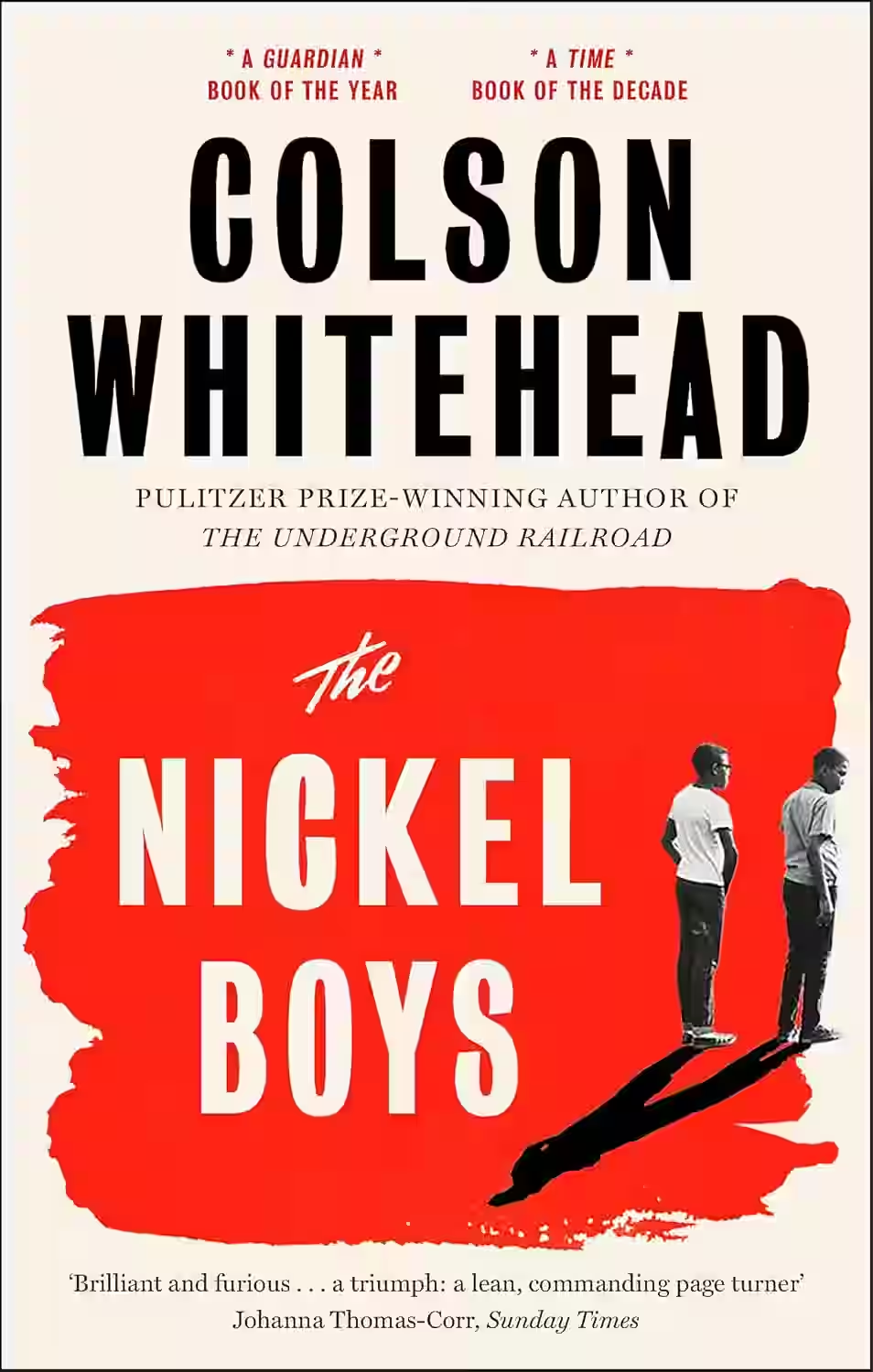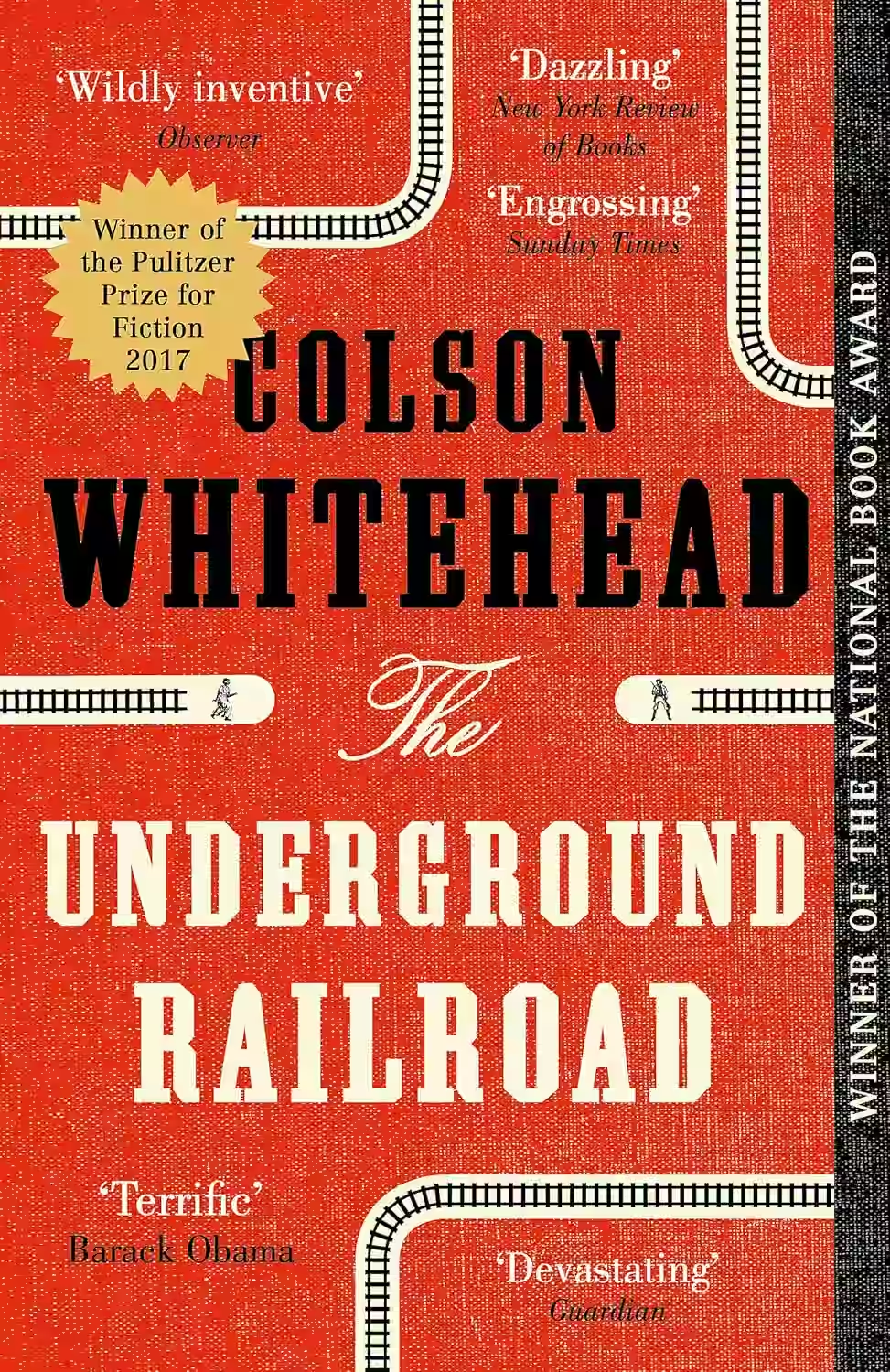Colson Whitehead
An American novelist, whose works often explore race, American history, and social issues through diverse literary styles, from realism to speculative fiction. He is one of only four writers to win the Pulitzer Prize for Fiction twice, for The Underground Railroad and The Nickel Boys. Whitehead's powerful narratives and ability to blend historical research with imaginative storytelling make him a crucial contemporary American voice.

In Zone One, Colson Whitehead presents a literary take on the zombie apocalypse genre. The novel follows Mark Spitz, a survivor tasked with clearing Manhattan of residual zombies, known as "stragglers," after a devastating plague. As he navigates the desolate city, Mark reflects on the pre-apocalyptic world and the psychological toll of survival. Whitehead's narrative delves into themes of memory, trauma, and the human condition, offering a contemplative perspective on societal collapse. The book blends horror elements with incisive social commentary, elevating the zombie narrative to a profound exploration of resilience and identity.

Based on true events, The Nickel Boys tells the harrowing story of Elwood Curtis, a promising Black teenager unjustly sent to a brutal reform school in Jim Crow–era Florida. There, he befriends the more cynical Turner as they struggle to survive the abuse and corruption of the institution. Colson Whitehead’s novel is a powerful indictment of systemic racism and the lingering trauma of institutional violence. With spare, elegant prose and devastating emotional impact, The Nickel Boys explores the collision between idealism and reality. Winner of the Pulitzer Prize, it stands as a haunting reminder of the past’s grip on the present.

Colson Whitehead's The Underground Railroad reimagines the historical network as an actual subterranean train system, following the journey of Cora, a young enslaved woman seeking freedom. As she travels through different states, each with its own challenges, the novel explores the brutal realities of slavery and the enduring quest for liberation. Whitehead's blend of historical fiction and magical realism offers a powerful commentary on America's history and the resilience of those who fought against oppression.